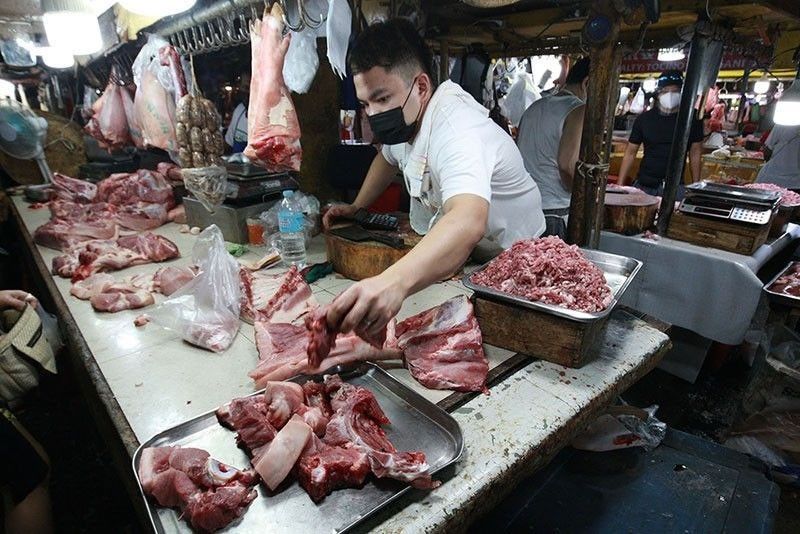House bill makes government pork industry middleman

MANILA, Philippines — The government must buy at high cost and sell at low prices in order to protect the local hog industry from possible collapse while keeping pork products affordable to consumers, an economist-lawmaker said.
In so doing, House Deputy Minority Leader Stella Luz Alabastro-Quimbo recently filed House Bill 9256, titled “The Affordable Pork Act of 2021,” which “authorizes the President to directly procure pork in times of emergency in order to sell in the market.”
The bill aims to sell pork at prices affordable for consumers and compete with cheaper imported pork products, which the national government has allowed to flood the market to stabilize supply amid the scourge of African swine fever (ASF).
“In the current situation, local producers must be able to sell their supply at a price that is high enough to help them recover costs,” said Quimbo over the weekend, as she noted the local hog industry’s struggle with ASF.
“Only government will have the ability to ‘buy high’ from local producers and ‘sell low’ to consumers,” she said, explaining how her bill enables the government to provide price support to hog raisers by acting as their middleman.
“With government acting as the middleman, it can ensure that pork is bought from local hog raisers at a reasonable price, then sold at a retail price that is competitive with imports,” Quimbo said.
The Marikina representative who taught Economics at the University of the Philippines emphasized that it is the government’s duty to “provide sufficient assistance” for the local hog industry to recover from ASF and develop it “in the long-term to achieve true food security.”
The Department of Agriculture (DA) has predicted that the pork supply shortage for 2021 would reach about 388,000 metric tons, prompting President Duterte to issue Executive Order 128 to temporarily increase imports and lower tariff rates.
EO 128 lowers import duty for in-quota imports from 30 percent to 5-10 percent, and for out-quota pork imports from 40 percent to 15-20 percent, for one year.
Quimbo pointed out that “there is also no assurance that a lower cost for importers will result in lower prices in the market.”
Compromise on MAV, tariffs
Meanwhile, the Senate and economic managers of the President agreed to lower the minimum access volume (MAV) increase for pork imports recommended in the EO from 350,000 metric tons to only 254,00 MT.
This was confirmed by Senate President Vicente Sotto III in an interview with dwIZ radio over the weekend.
Sought for comment, Agriculture Secretary William Dar told The STAR: “The discussions are still going on.”
The DA had originally recommended a MAV increase of 404,000 MT.
Quimbo believes this new development is just an “emergency measure” and “cannot be sustained in the long-term.”
She proposed the creation of a Swine Competitiveness Enhancement Fund or SCEF to be sourced from all tariff revenues collected from pork imports. – Catherine Talavera
- Latest
- Trending


























